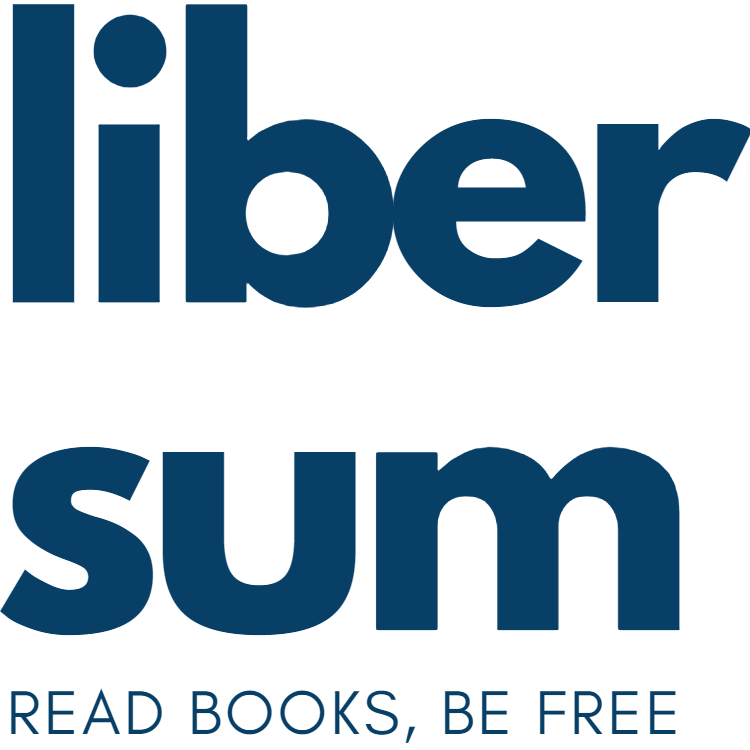We lose ourselves in books but also find ourselves in them. Marcel Proust believed reading could lead us to the threshold of our inner lives, while Kafka compared books to ‘keys to unfamiliar rooms in one’s own castle’. Books help us find our way through the complex and uncertain realities we face. In those unfamiliar rooms inside our inner castles, we may come across pieces of wisdom that serve as guiding light in dark times.
In our pilot book selection, we look at books that help us get lost and find our way. Rebecca Solnit’s “Wanderlust” – is an ode to walking. Solnit dives into the history of walking, from spiritual pilgrimages to acts of civil disobedience. But she also explores walking as a way to creativity, a means of interaction between ourselves and our bodies as well as between ourselves and the world. “Walking leaves us free to think without being wholly lost in our thoughts,” Solnit writes. The book, written before the spread of smartphones is now more relevant than ever as it invites us to consider the value of unhurried, meditative and attentive walking… without being glued to a screen.
Another book in our selection – Michael Bond’s “Wayfinding” – looks at the ability of the human brain to keep us orientated and help us negotiate complex physical environments by creating ‘cognitive maps’. Taking us on a trip through the history of navigation, neuroscience and experiences of nomadic peoples, this book explores important questions about our relationships with physical spaces around us and how these define our psychology and behaviour.
Sylvain Tesson’s “Consolations of the Forest” is a travelogue that brings us to the frozen shores of lake Baikal in Siberia. In this book, Tesson fights the restlessness that has brought him on travels far and wide and explores the power of contemplation and stillness in a secluded forest cabin. Tesson’s book looks at losing and finding way metaphorically as he seeks life’s meaning and the way back to oneself.
R.C. Sheriff’s “The Fortnight in September”, first published in 1931 and recently re-issued for its 90th anniversary, follows a lower-middle-class family from London on their annual summer holiday in Bognor Regis. This book looks at the simple pleasures of everyday life as it follows the family while they prepare for the trip, travel, and finally get to their destination. As Kazuo Ishiguro put it, this book is “the most uplifting, life-affirming novel” that attunes us to the joys of family and familiar things and “magically re-calibrates our norms of what is and isn’t wonderfully exciting”. To give you a taste of it, here is a wonderful citation: “The man on his holidays becomes the man he might have been, the man he could have been, had things worked out a little differently.”
Finally, an Englishman and a Frenchman travel to a remote Irish island… no, this is not a joke; it is a concise summary of “The Colony” by Audrey Magee (longlisted for 2022 Booker Prize). The book’s setting is a small island in the Atlantic populated mainly by fishermen where an English painter and a French artist – each with a rather impressive ego – arrive seeking solitude and authenticity (while, in reality, only ready to see clichés). It is a multi-layered and unhurried book that delves into questions of colonialism, as well as different and conflicting perspectives on art, language and culture.
